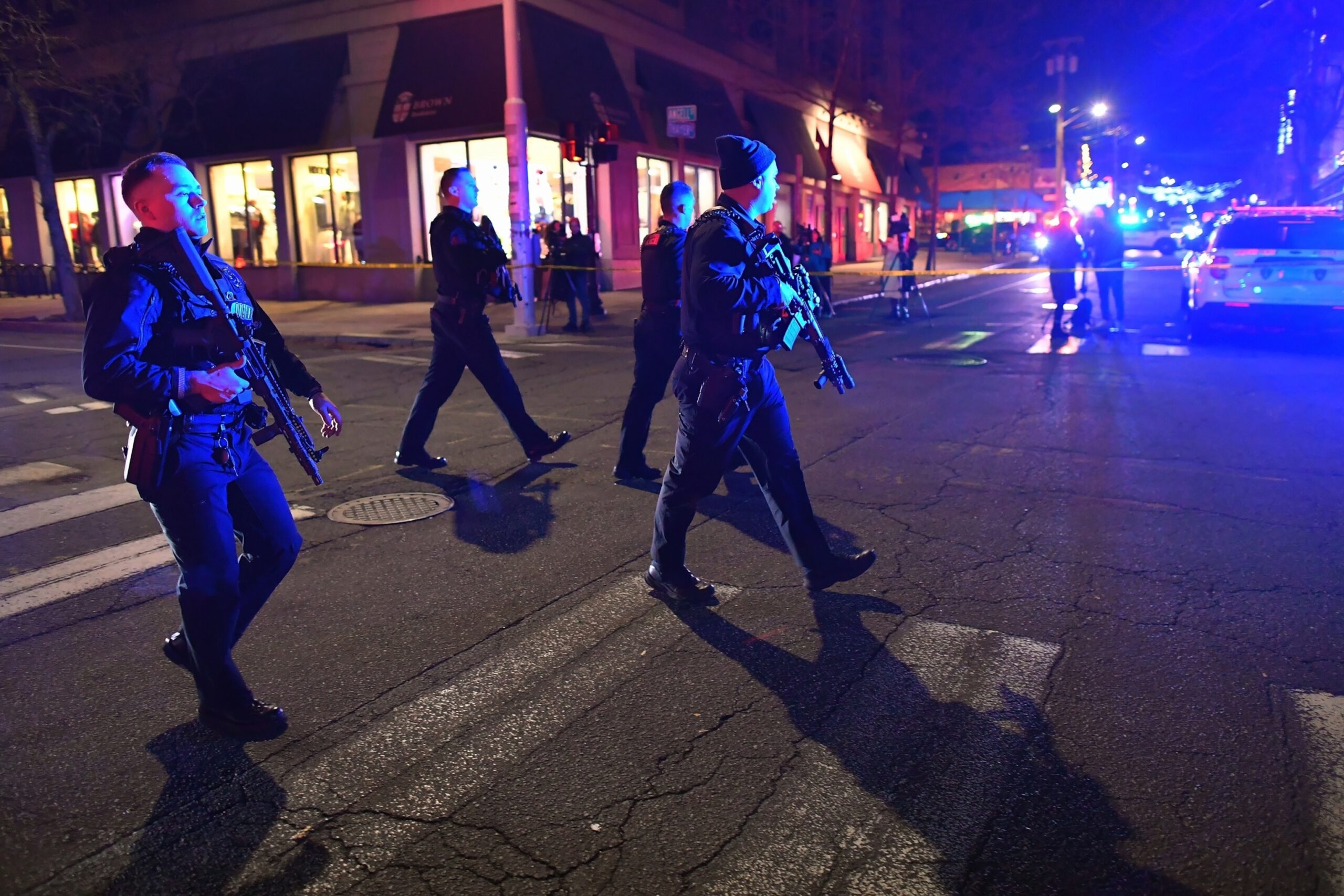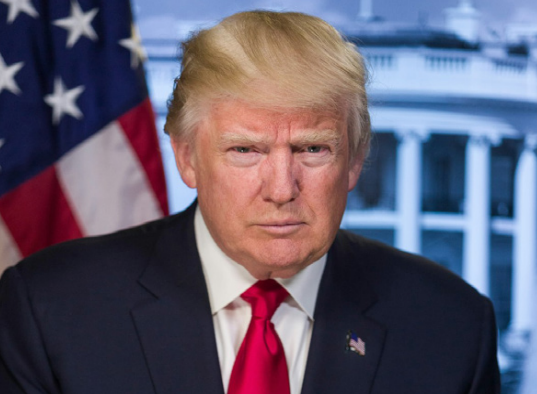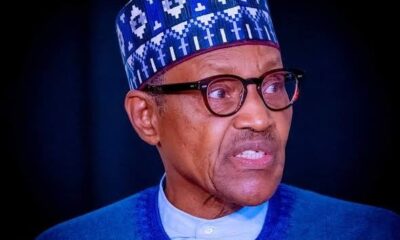News
Mokwa Flooding Death Toll Rises to 200, Over 500 Still Missing

Mokwa Flooding Death Toll Rises to 200, Over 500 Still Missing
The death toll from the devastating flooding in Mokwa, a local government area in Niger State, has reportedly climbed to at least 200, according to the latest figures.
The BBC reports that more than 500 people remain missing, with fears growing that the chances of finding additional survivors are dwindling. Rescue efforts have significantly slowed, as authorities express concern that those still unaccounted for may not have survived.
Victims of the Mokwa flood disaster claimed the catastrophic event—now responsible for at least 200 deaths and the displacement of thousands—was not caused by rainfall but by a suspected release of water from the Kainji Dam.
Residents had noted that the flood in Mokwa, the headquarters of Mokwa Local Government Area, said the flood, which struck in the early hours of May 29, 2025, occurred without any significant rainfall the night before. This has led many to suspect the flooding was not natural.
Several locals also noted that, in the days leading up to the incident, parts of New Bussa town in Borgu LGA experienced minor flooding. Some farmers in Mokwa reported observing rising water levels on their farmlands but did not anticipate the scale of the disaster that would follow.
One of the victims, AbdulGafar, who lost all his possessions in the flood, insisted the water’s arrival was sudden and unnatural.
“I believe the flood was not due to rainfall. If it were, it would have come during the night with heavy downpour. This is terrible—something we never imagined could happen in our lifetime.”
He added that although the community had experienced serious erosion in the past, nothing had prepared them for this level of destruction.
“We’ve never had it this bad. Yes, we’ve dealt with erosion—serious erosion—but this is the worst disaster we’ve ever faced. I can say categorically that this wasn’t from rain. The volume and force of water suggest it might be linked to the Kainji Dam.”
Another victim, Salihu Suleiman, who also lost his home and livelihood, supported this claim, stating that there had been no significant rainfall before the flood.
“This flood is not from rainwater. There was no heavy downpour before the incident. Around 6 a.m., my wife and I had just finished praying the Subh prayer and gone back to bed when my mother came knocking frantically, shouting that water was coming. I called my wife, and we ran. We couldn’t take anything—not even my phone. I escaped with just my singlet and boxers.”
News
Two Dead, Nine Injured in Brown University Shooting

Two Dead, Nine Injured in Brown University Shooting
Two students were killed and nine others injured after a gunman opened fire at Brown University in Providence, Rhode Island, on Saturday, police said.
Authorities have detained a person of interest in his 20s, who is now cooperating with investigators.
The attack occurred around 4:00 p.m. local time (21:00 GMT) at the Holley Engineering Building on the eastern end of the university campus.
Police said the identities of the victims have not yet been released.
Brown University President Christina Paxson confirmed that all those affected, including the deceased, were students.
In a statement on Sunday, Paxson said parts of the campus remained restricted as police continued investigations.
She added that around 2,000 students were relocated to safe locations overnight and expressed gratitude to local residents who opened their homes to students.
Providence Mayor Brett Smiley said seven of the injured students were in stable condition, one was critical, and another had been discharged.
The mayor, who visited victims and their families in hospital, described their courage as “overwhelming” and confirmed that the shelter-in-place order issued earlier had been lifted.
The Federal Bureau of Investigation (FBI) said the suspect was detained at a hotel in Coventry early Sunday morning based on a lead from Providence Police.
Police Chief Oscar Perez confirmed that officers were no longer searching for additional suspects and were working closely with prosecutors to collect evidence.
President Donald Trump, speaking at the White House, expressed sympathy for the families of the two deceased students and wished a speedy recovery for the nine injured.
The shooting brings the number of mass shootings in the United States in 2025 to 389, according to the Gun Violence Archive, which defines mass shootings as incidents with four or more victims killed or injured, not including the attacker.
Authorities are urging the public to remain vigilant as the investigation continues, while a vigil is scheduled for Sunday evening to support the Brown University community.
News
Bondi Beach Attack: 15 Dead, Father-Son Gunmen Behind Shooting

Bondi Beach Attack: 15 Dead, Father-Son Gunmen Behind Shooting
A mass shooting at Bondi Beach on Saturday left 15 people dead, including a child aged 10, during a Hanukkah celebration. Authorities are treating the incident as a terror attack.
Police confirmed the shooters were a 50-year-old father and his 24-year-old son.
The father died at the scene, while the son remains in critical condition.
The 50-year-old was a licensed firearms holder; six guns and two improvised devices were recovered from the site.
Prime Minister Anthony Albanese called the attack “an act of pure evil”, saying it deliberately targeted the Jewish community, and promised full resources to support the investigation and combat antisemitism.
NSW Police Commissioner Mal Lanyon said quick response, informed by last year’s Bondi stabbing, helped save lives.
328 officers have been deployed to protect Sydney’s Jewish community, while two properties in western Sydney were searched overnight.
Among the victims was British-born Rabbi Eli Schlanger. Eyewitnesses described the chaos, with some saying the gunfire felt like it lasted “an eternity.”
Authorities continue to investigate the attack as Australians reel from the tragedy.
News
Trump Reacts as ISIS Kills Three Americans in Syria

Trump Reacts as ISIS Kills Three Americans in Syria
President Donald Trump has pledged a “very serious retaliation” after an ambush in central Syria on Saturday, killing two U.S. service members and one American civilian interpreter, an attack the United States blames on the Islamic State (ISIS) group.
In a statement and social‑media post, Trump described the assault near Palmyra—a region still volatile and not fully controlled by the Syrian government—as “an ISIS attack against the U.S. and Syria.”
He mourned the three victims as “great American patriots” and confirmed that three other U.S. soldiers wounded in the attack are recovering.
Speaking from the White House before departing for a public event, the president said he expected a firm U.S. response, noting that there will be “very serious retaliation” against ISIS and any group that targets American forces.
Trump noted that Syrian President Ahmed al‑Sharaa, whose government has been cooperating with U.S. forces in counter‑terrorism operations, was “extremely angry and disturbed” by the incident.
The ambush occurred as U.S. troops were engaged in a counter‑terrorism mission alongside Syrian partners; the suspected attacker was killed by coalition forces, U.S. Central Command said.
The identities and units of the deceased are being withheld pending family notification.
Defense officials, including Secretary of Defense Pete Hegseth, echoed Trump’s stance, issuing stark warnings that the U.S. will pursue individuals or groups that target Americans.
The U.S. maintains a force of around 900 troops in Syria as part of ongoing operations against ISIS remnants, despite the group’s loss of territorial control years earlier.
The attack is the first fatal incident involving U.S. personnel in Syria since the fall of the Assad regime, highlighting persistent security challenges and raising questions about the future scope of U.S. military engagement in the region.















